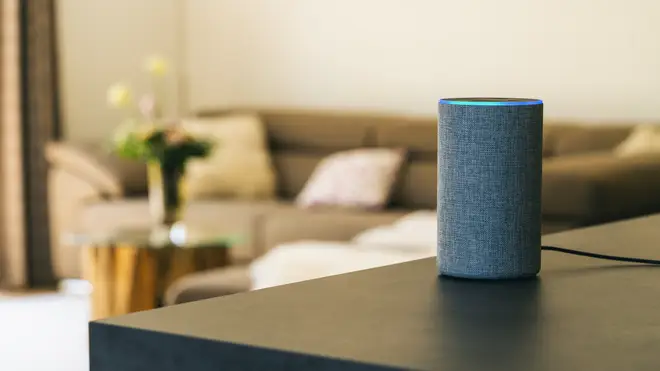'Easy' passwords banned for smartphones as part of major crackdown on spy hacking
28 January 2020, 12:17

Default passwords such as ‘1234’ will be banned under new laws.
With so many passwords to remember nowadays, you can be forgiven for sticking with something simple.
But the government has announced all default and easy-to-guess codes are set to be banned in smart devices as part of a crackdown on cyber attacks.
Manufacturers often use a single password because it’s simpler during the installation process, but plenty of consumers don't bother changing this after they start using their devices.
This weak security could allow criminals to hack into internet connected gadgets and then steal sensitive or personal information.

The shake-up is part of a bid to improve digital protection for families amid fears smart speakers, baby monitors, laptops and phones can be used to spy on people in their own homes.
Read More: Bride's tiny engagement ring brutally mocked as women compare it to a keyring
Under the new laws, manufacturers of these internet-connected gadgets will also have to tell customers by law how long they intend to provide security support for their products.
In addition to this, the Department for Digital, Culture, Media and Sport (DCMS), announced that companies will have to have a public point of contact where people can report vulnerabilities they find in their software.
The legislation to enforce the new standards will be drawn up and brought before MP’s “as soon as possible” as the parliamentary schedule allows.
Digital minister Matt Warms, said: “Our new law will hold firms manufacturing and selling internet-connected devices to account and stop hackers threatening people’s privacy and safety.
“It will mean robust security standards are built in from the design stage and now bolted on as an afterthought.”
This comes after consumer watchdog Which? found serious security flaws in six wireless cameras it tested at random from Amazon last year.
At the time, it was claimed that security flaws such as weak default passwords meant hackers could get into the devices and spy on victims.


































